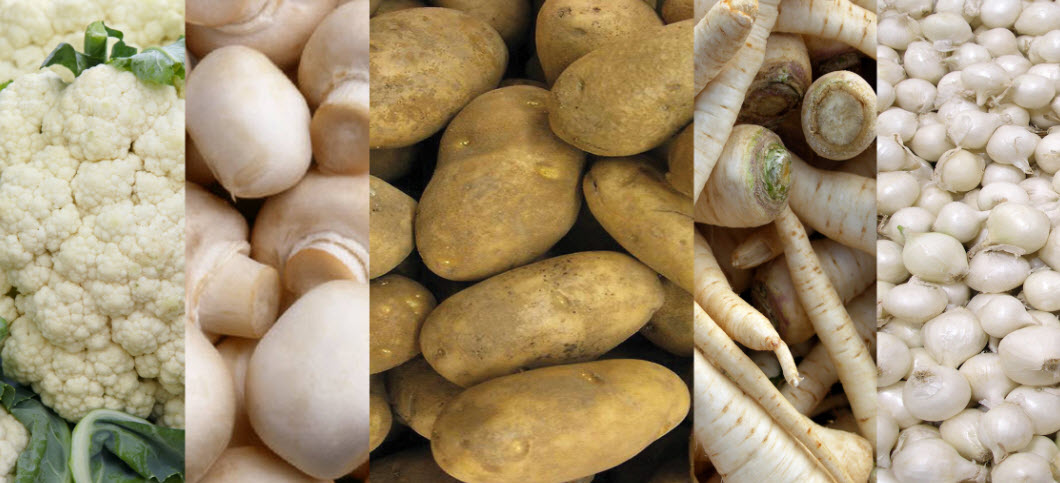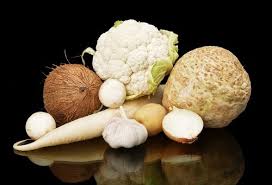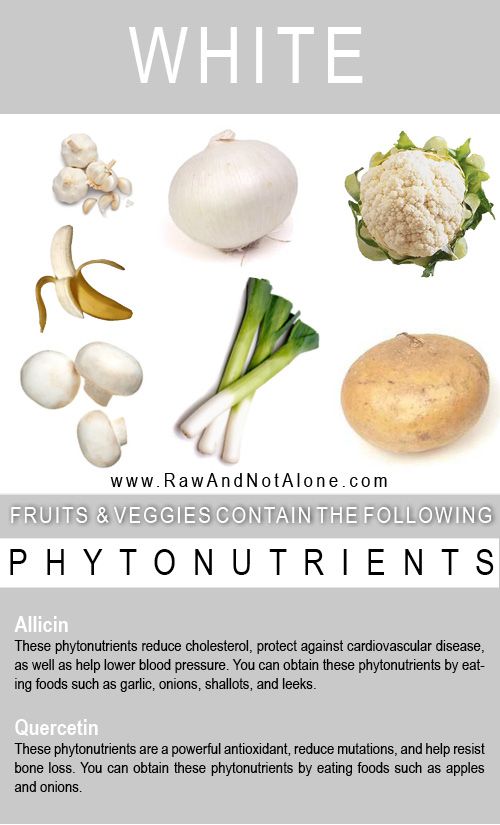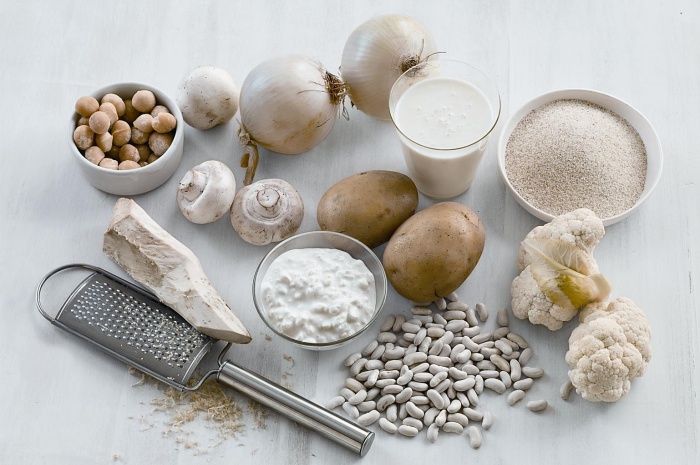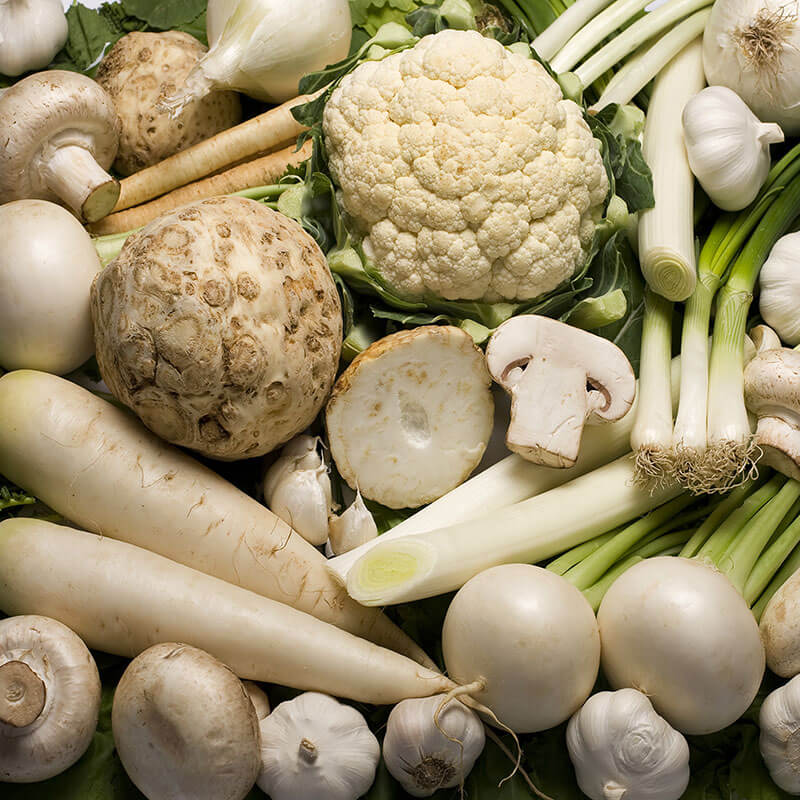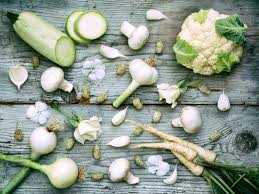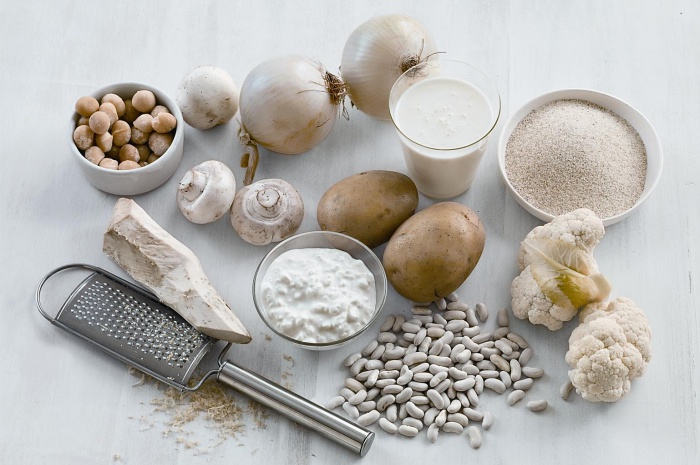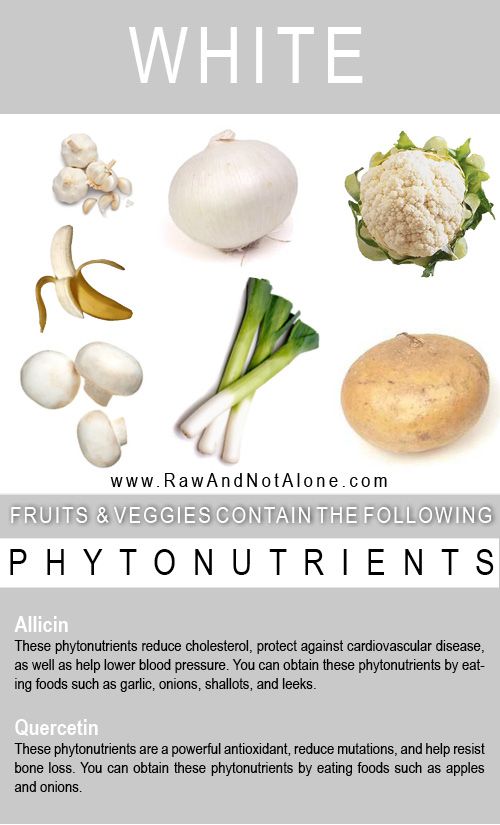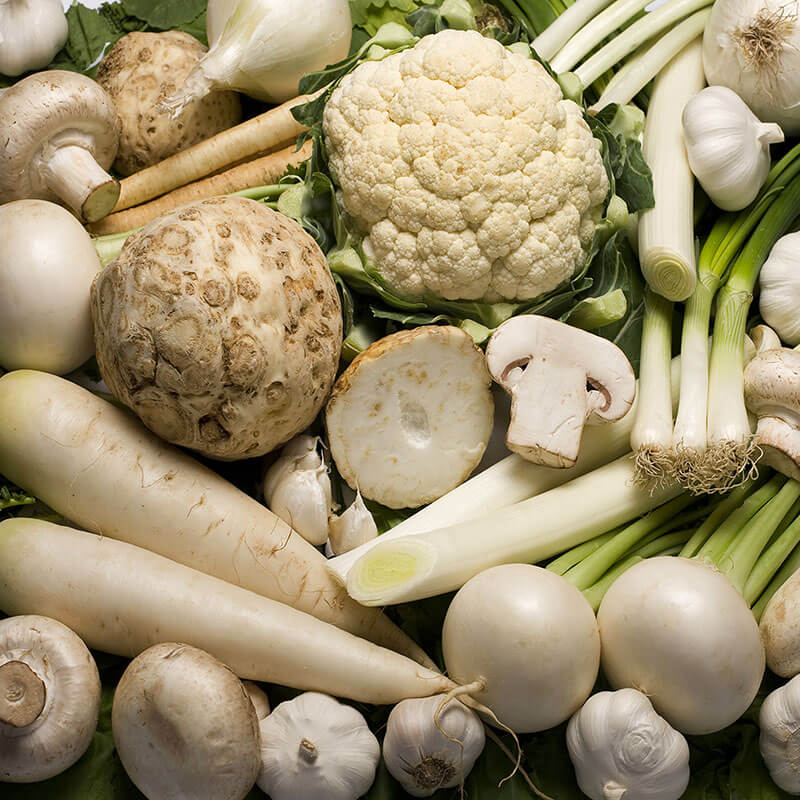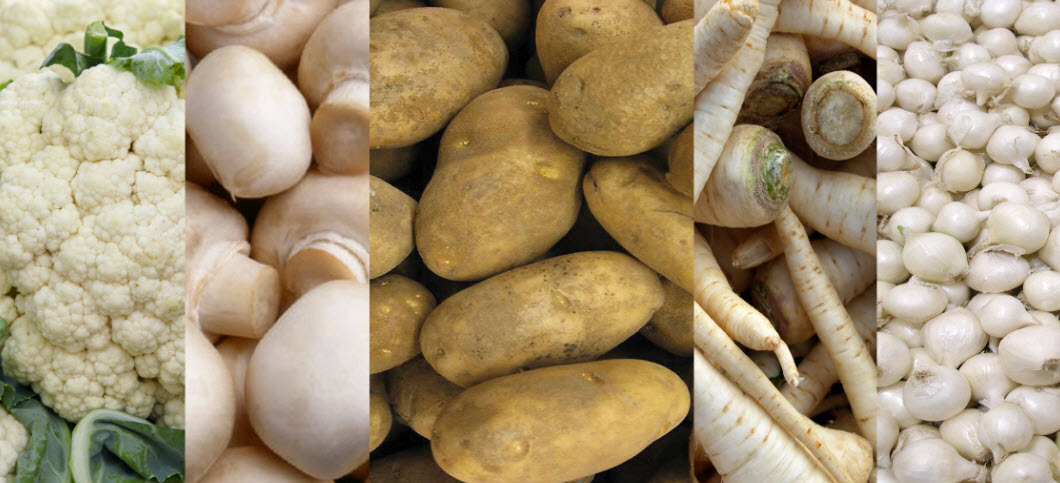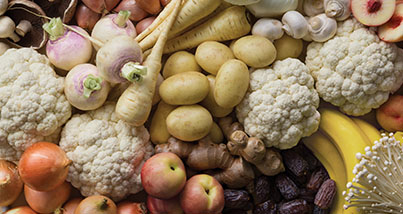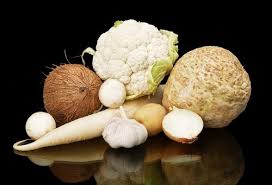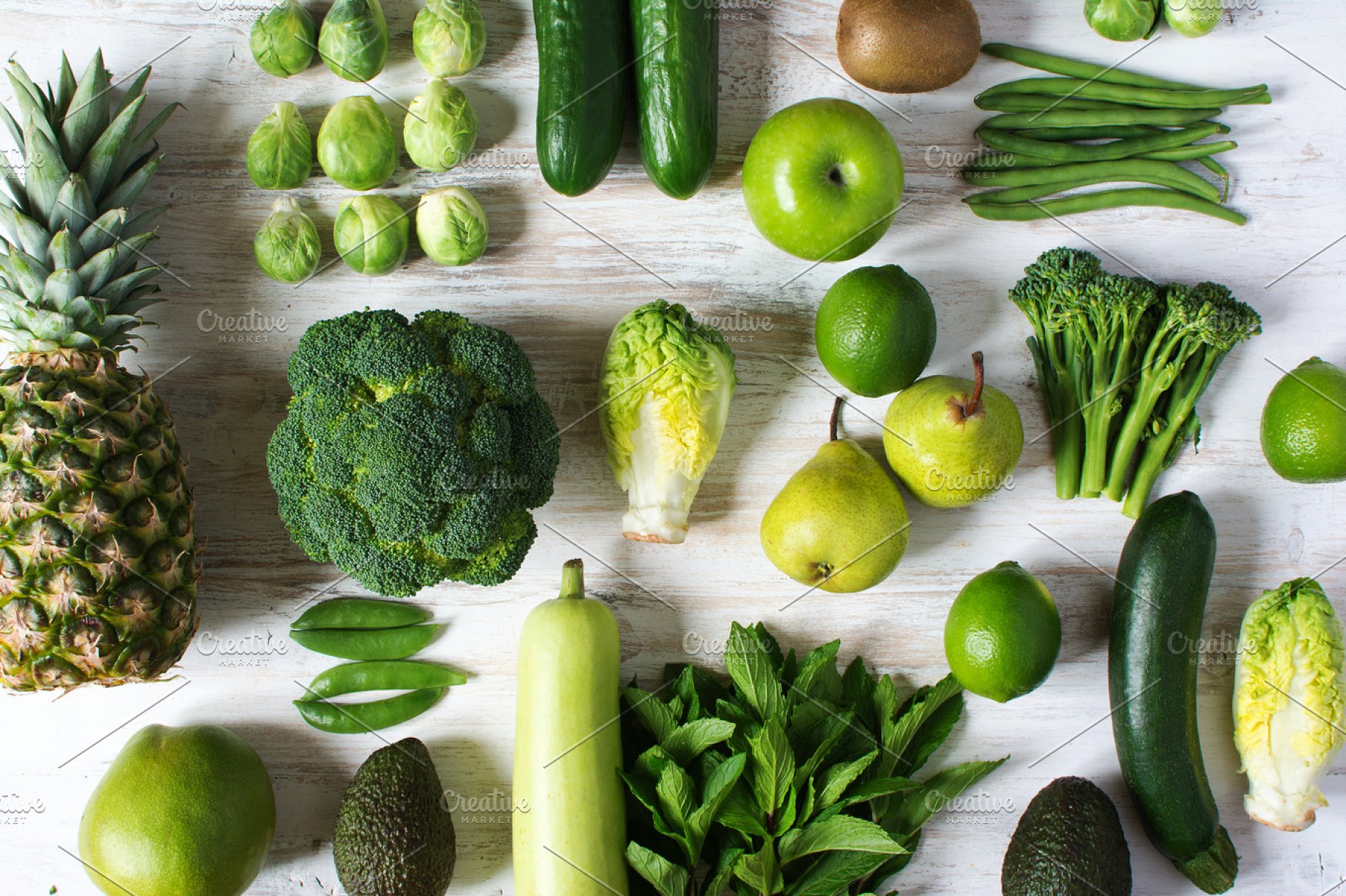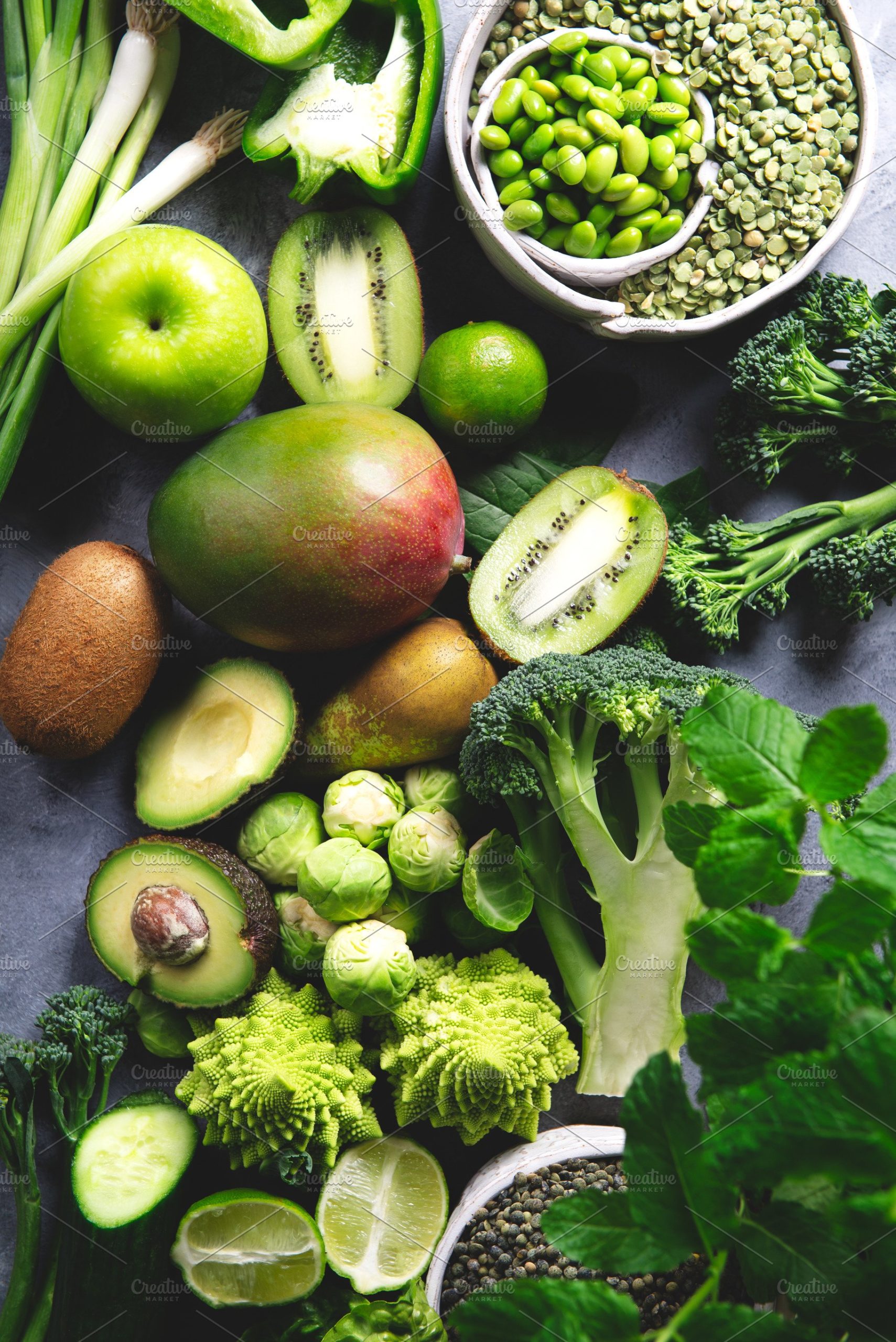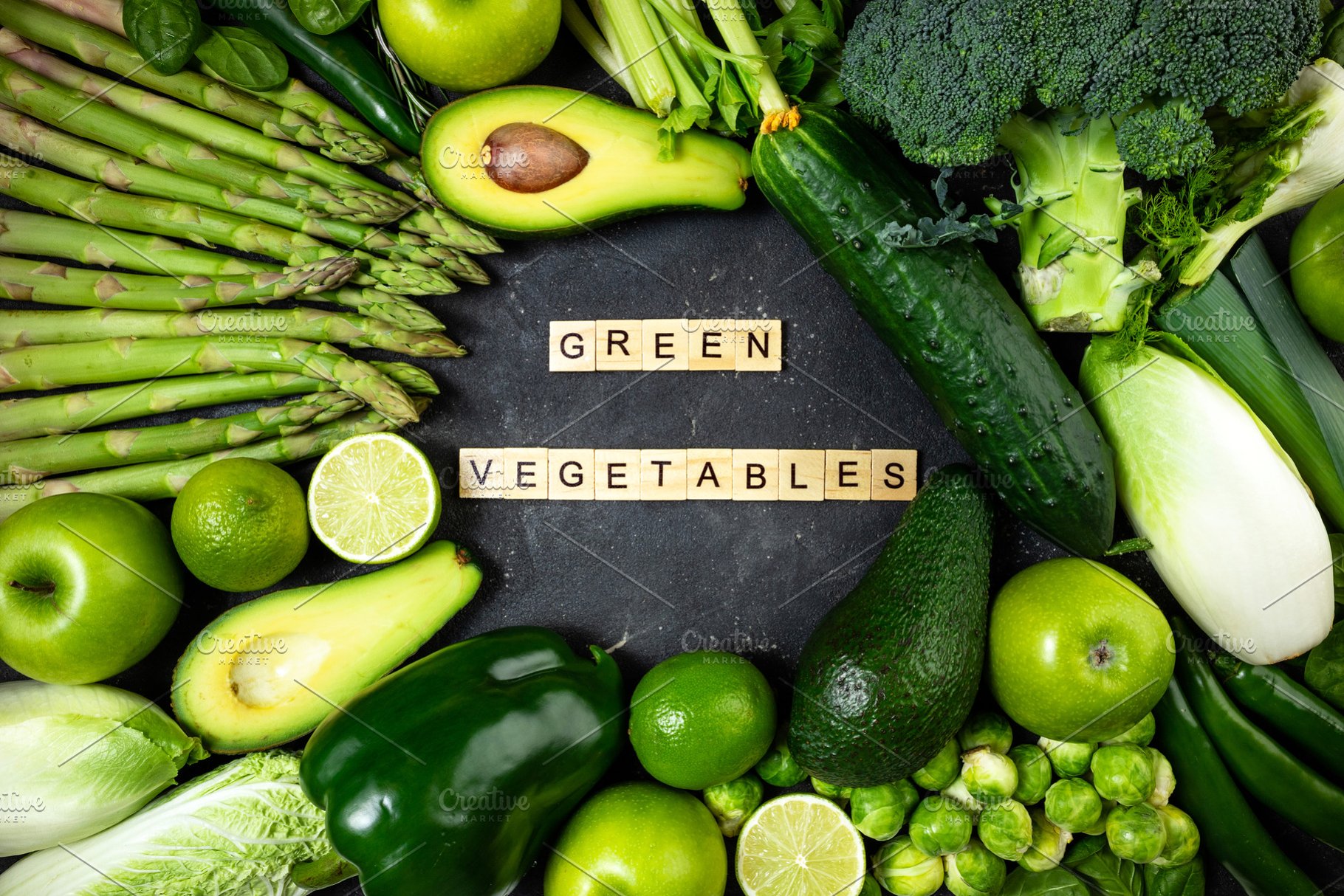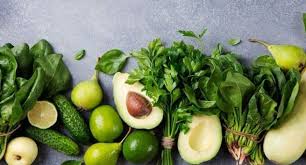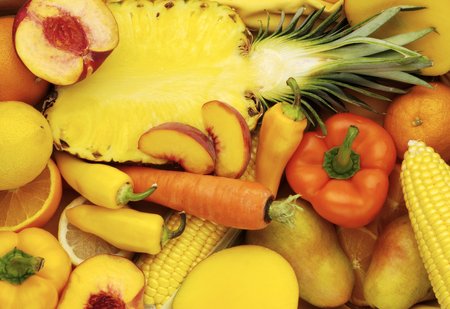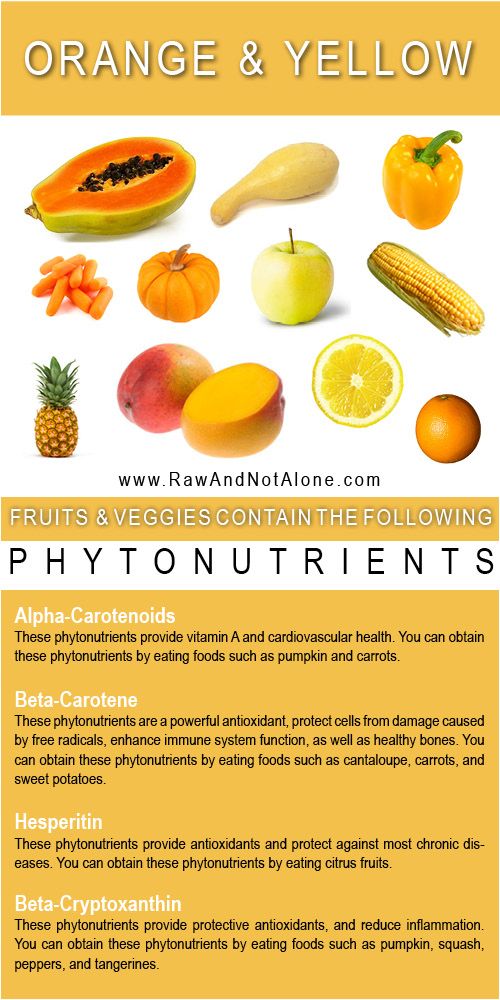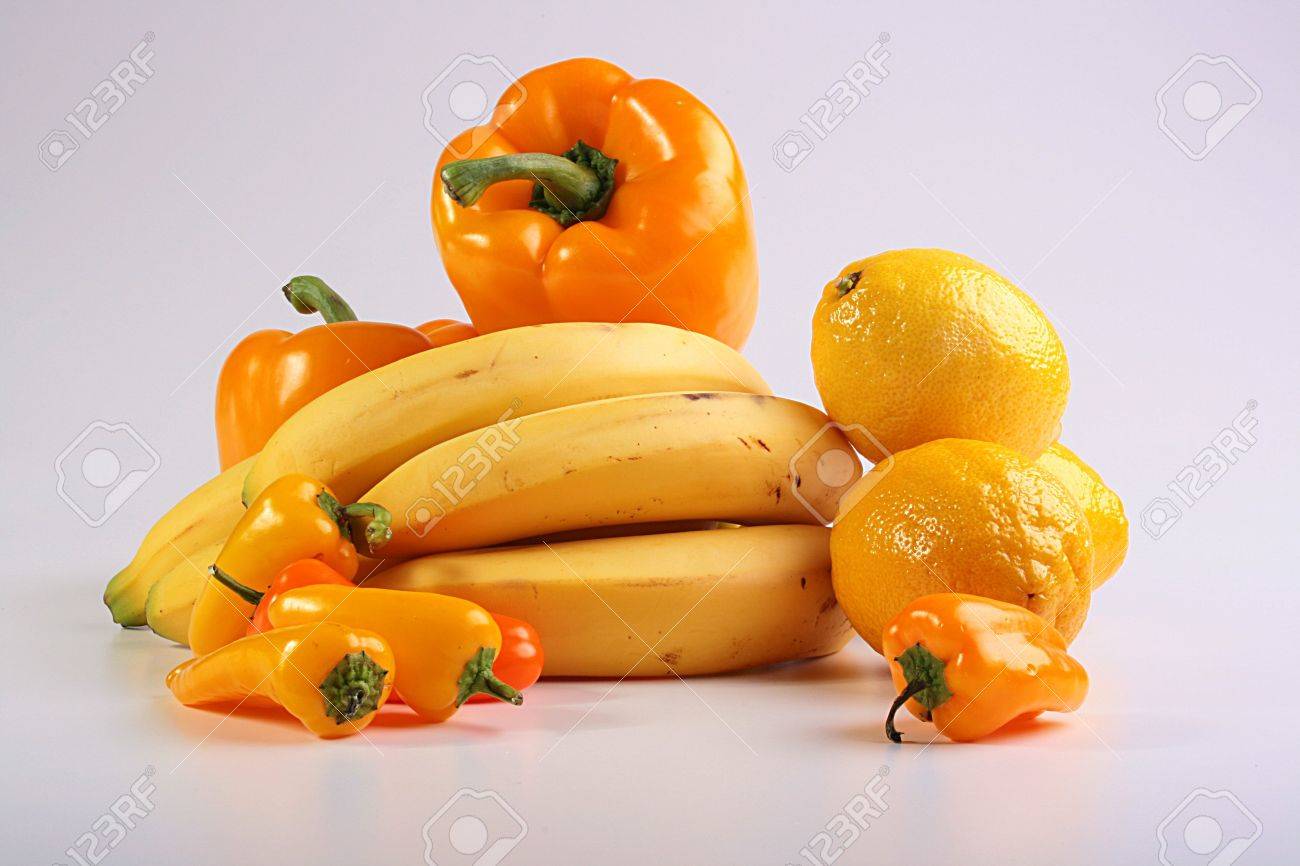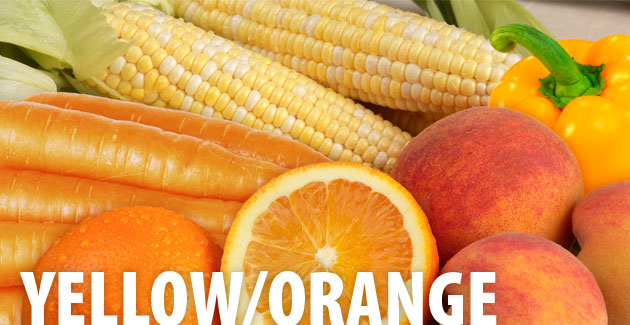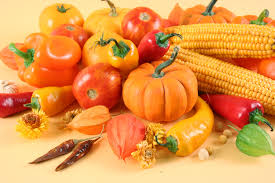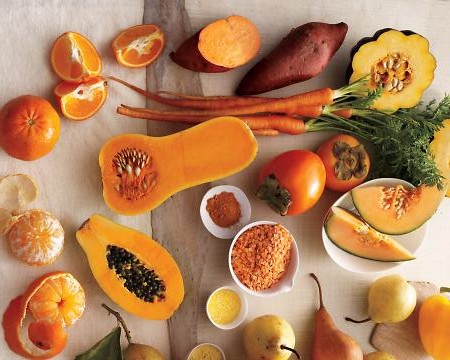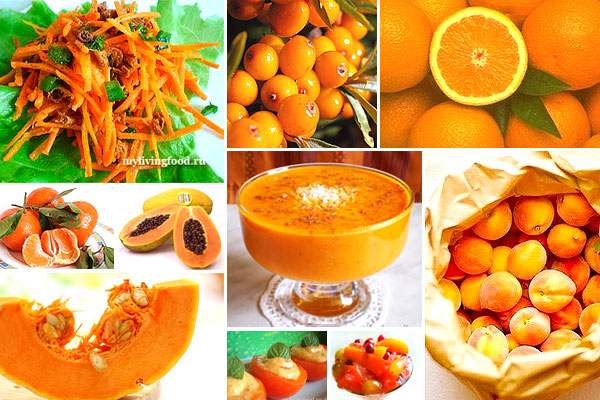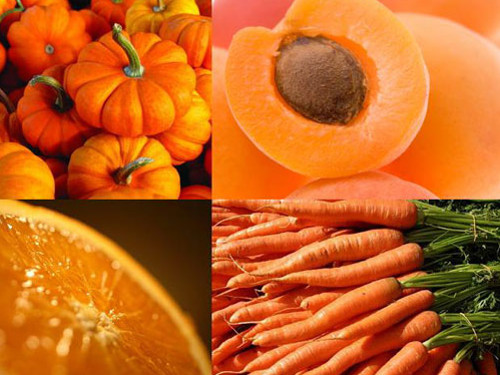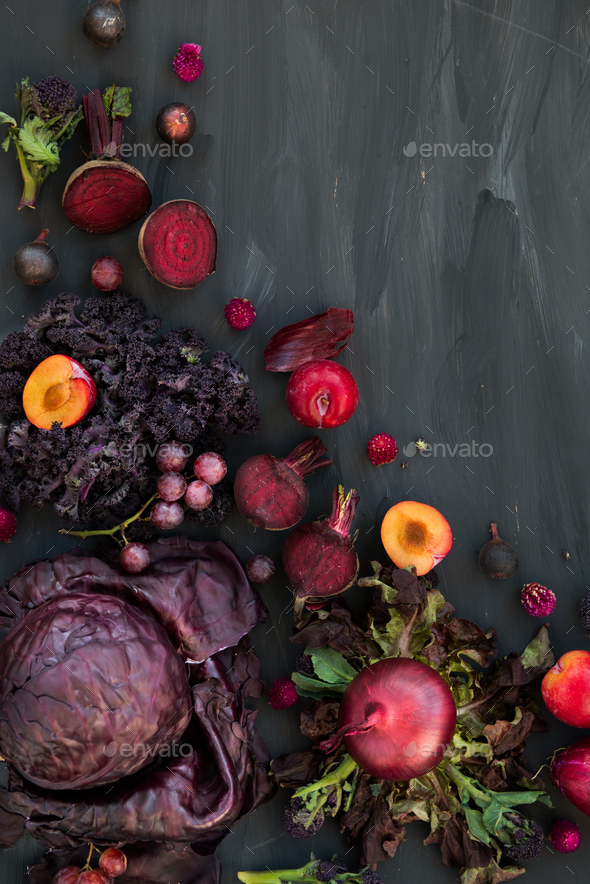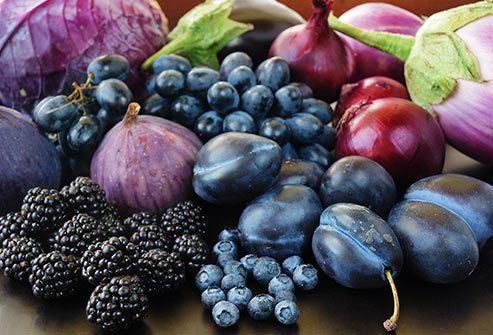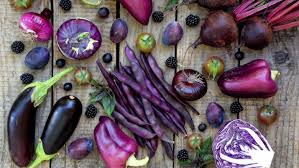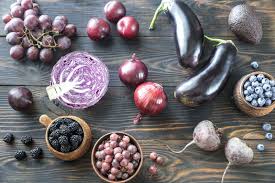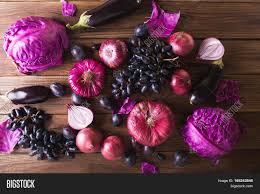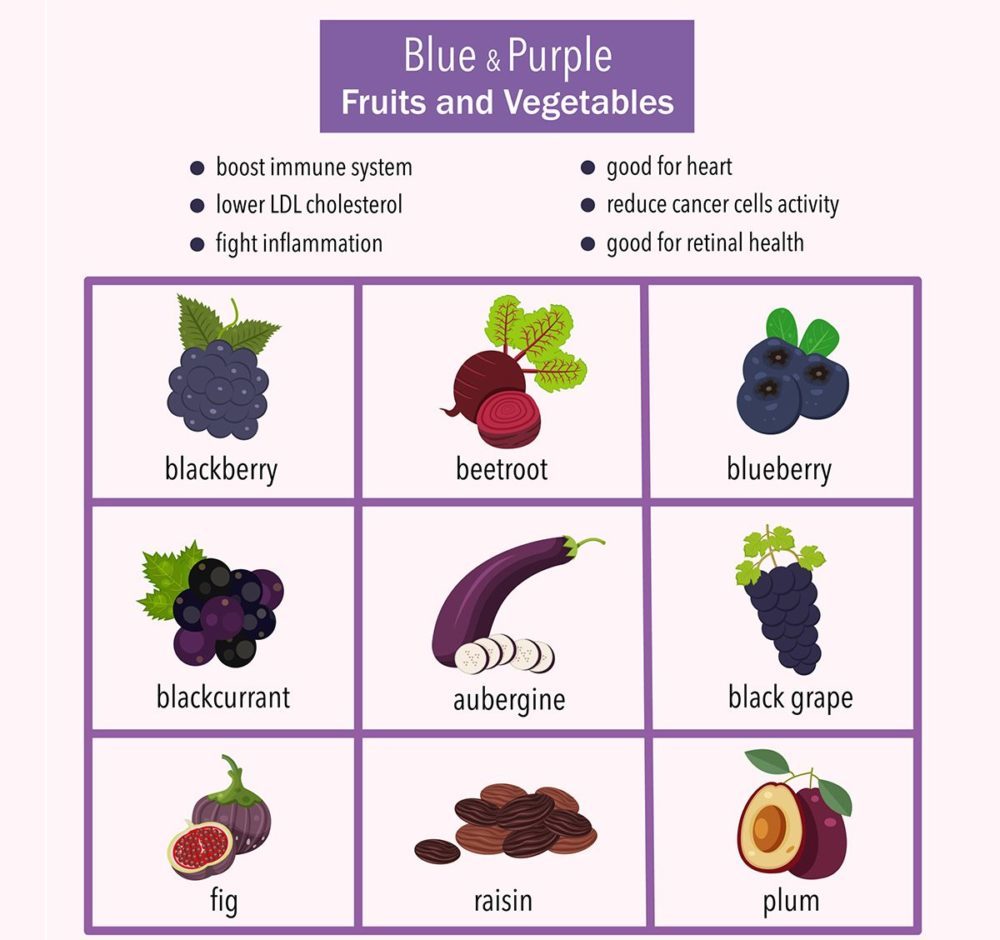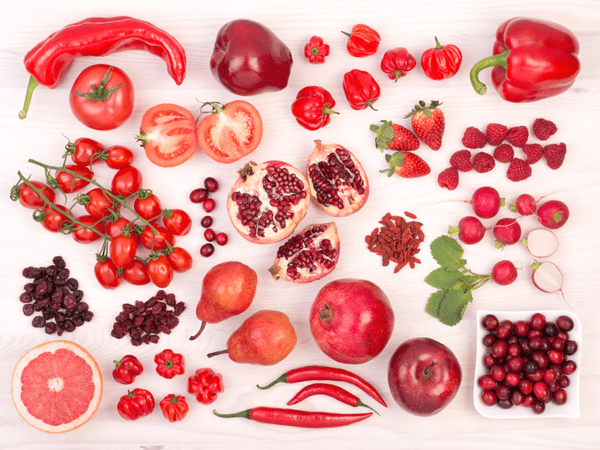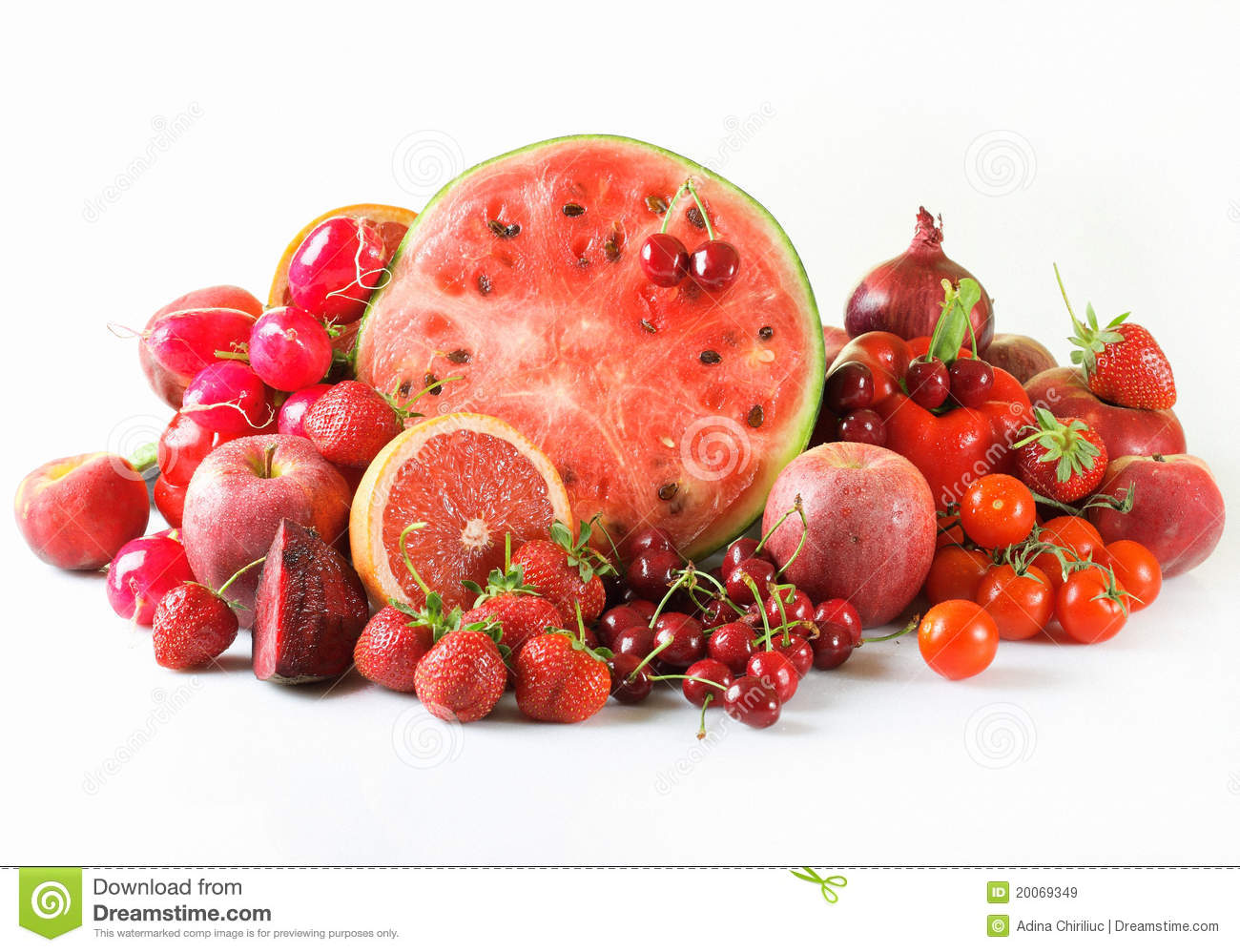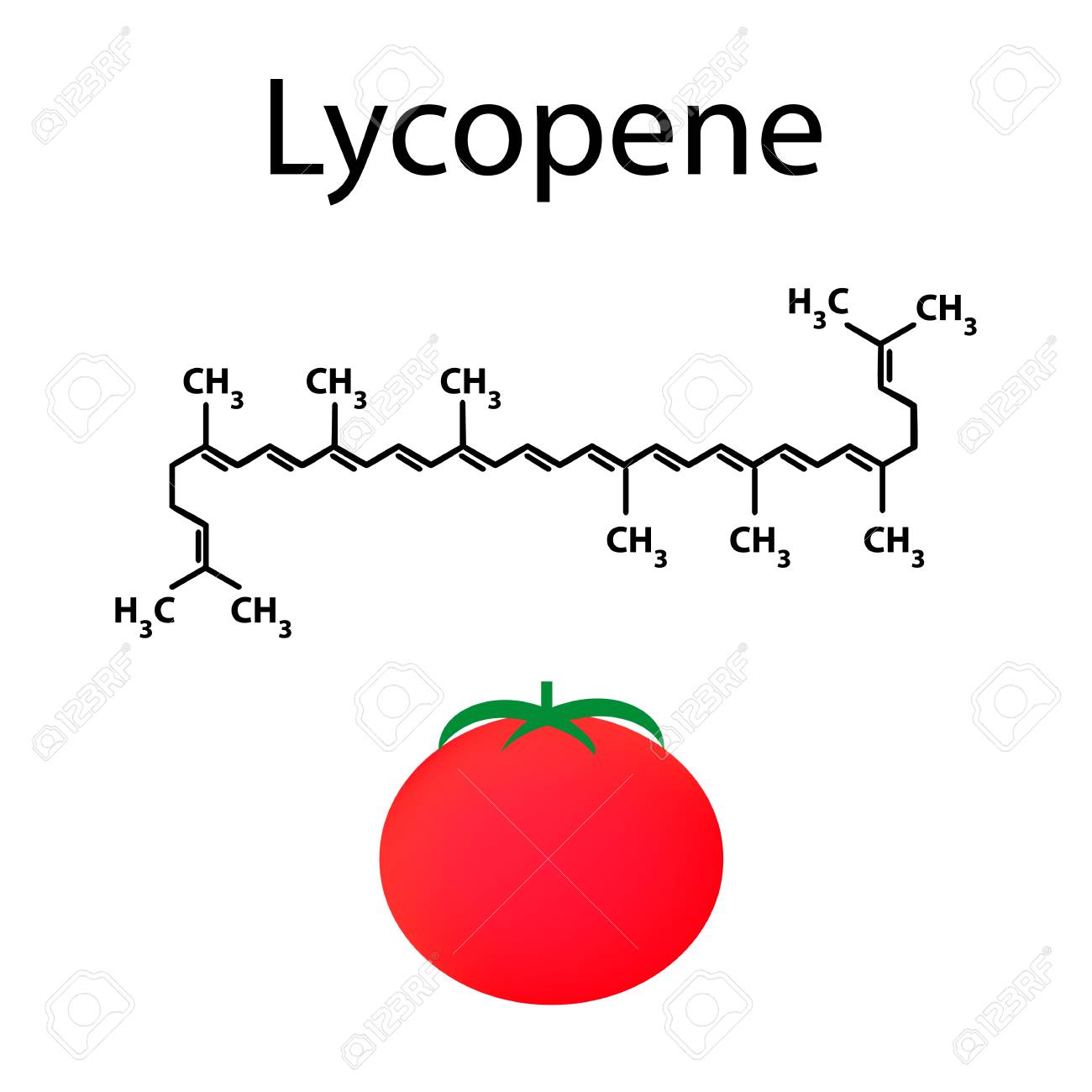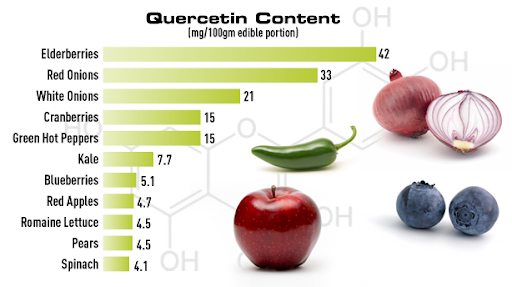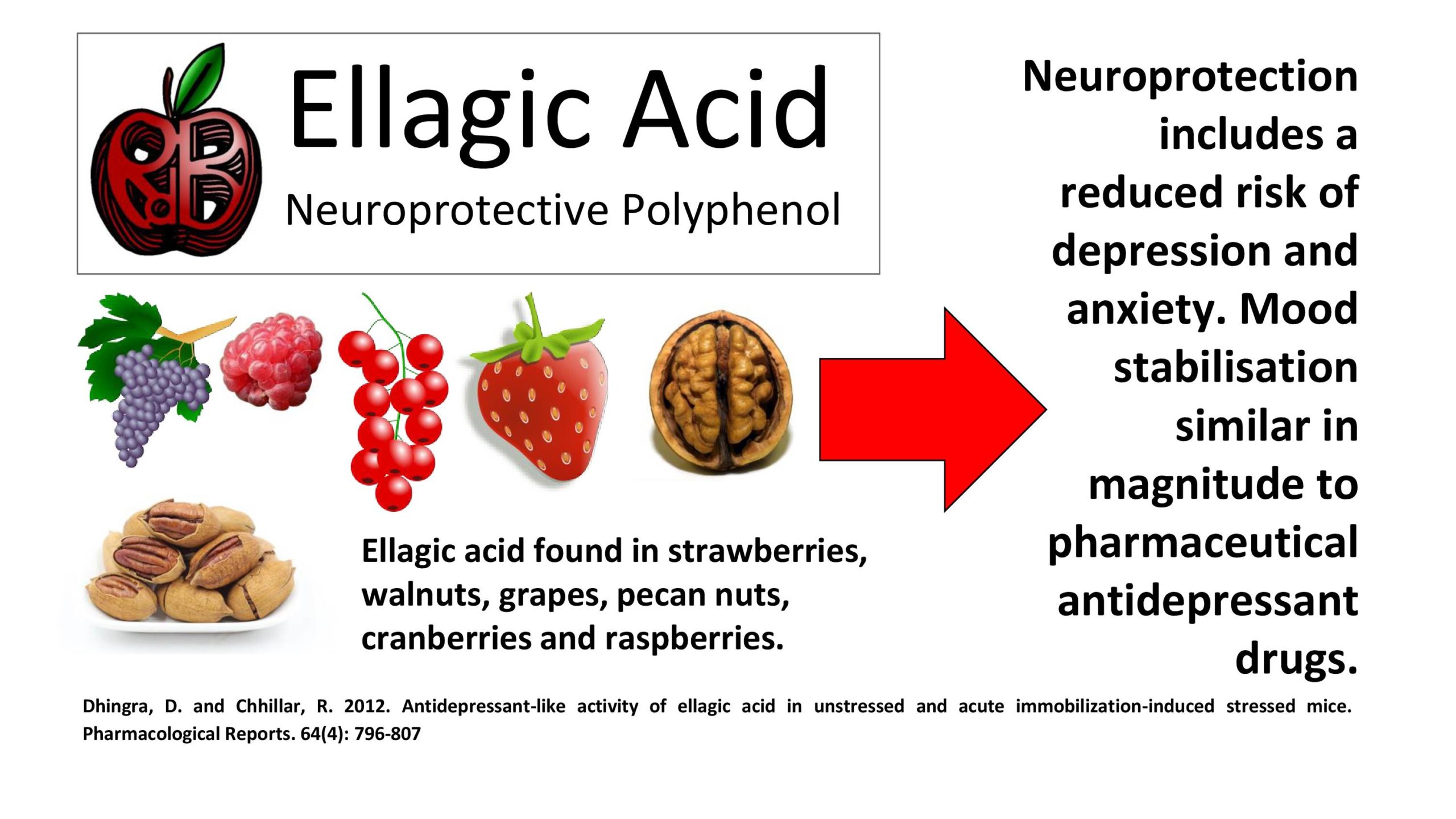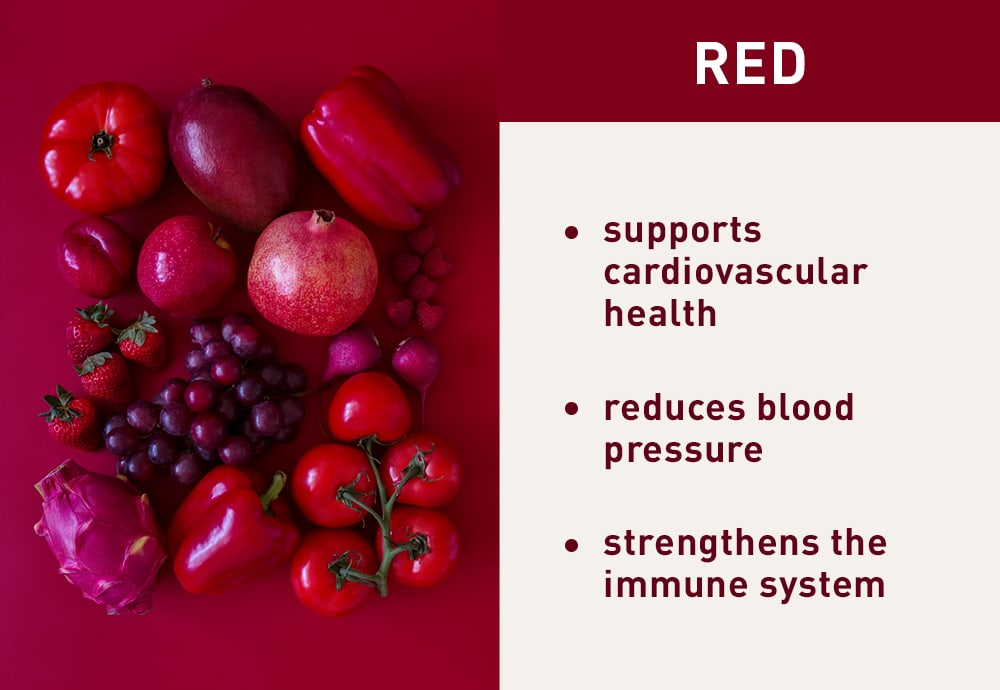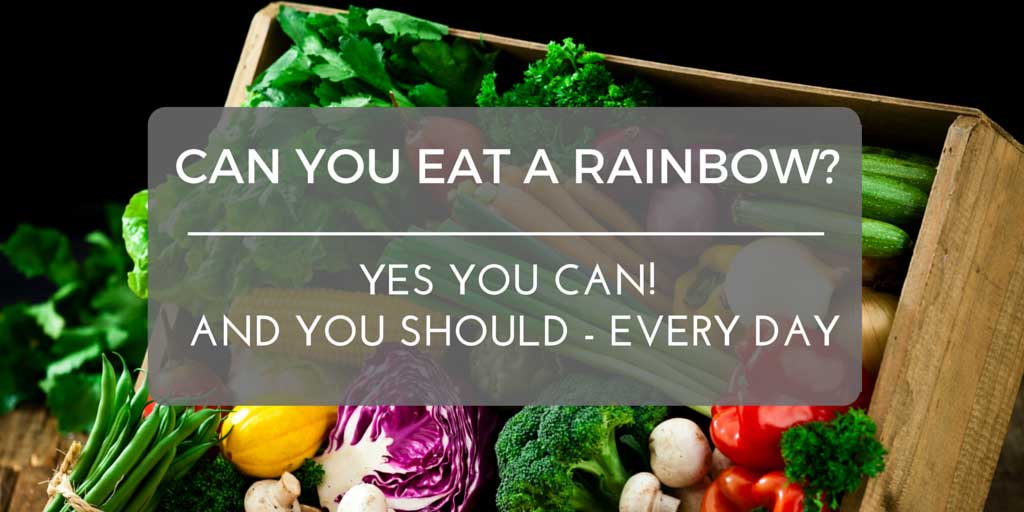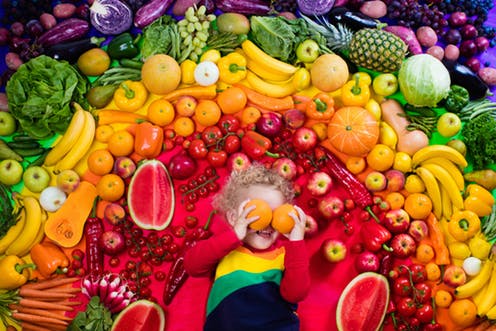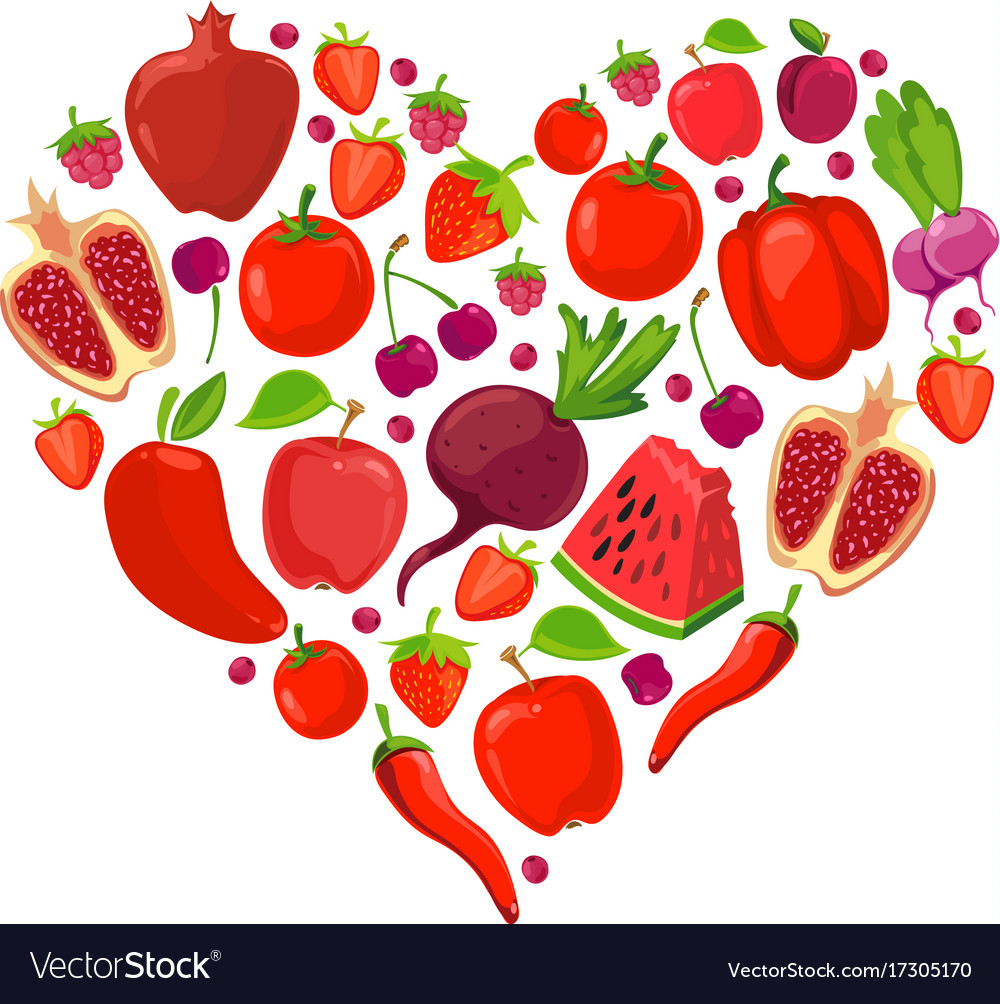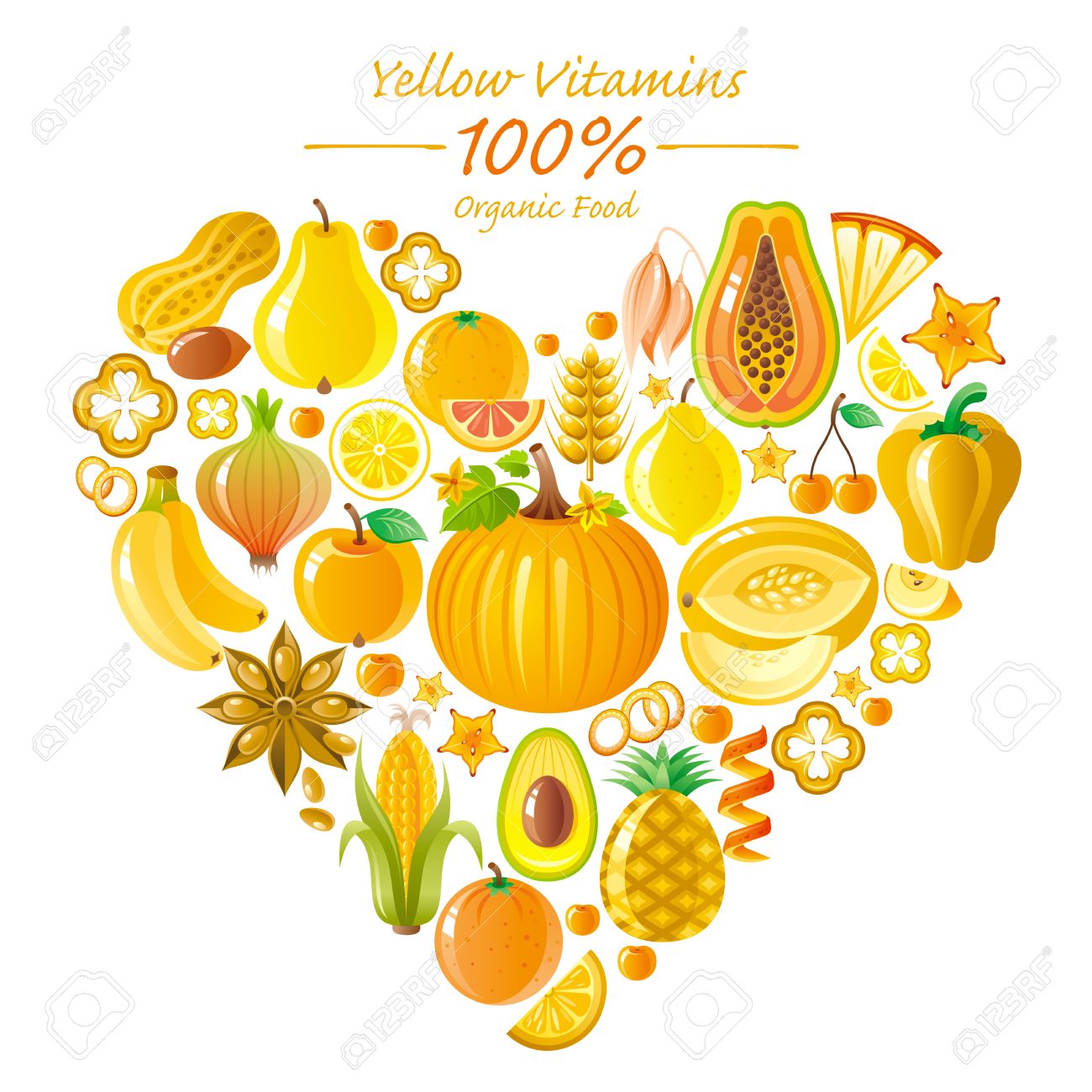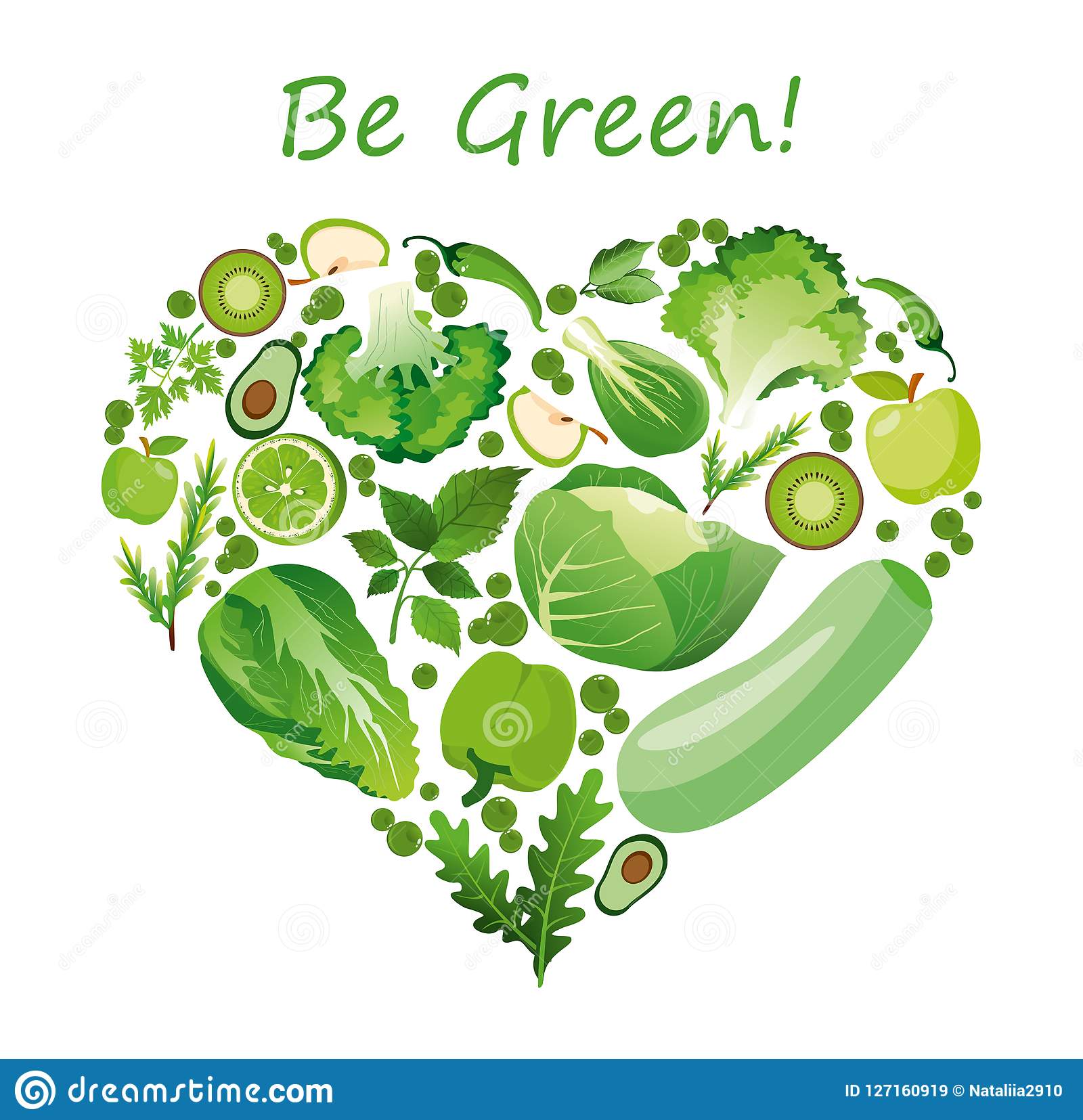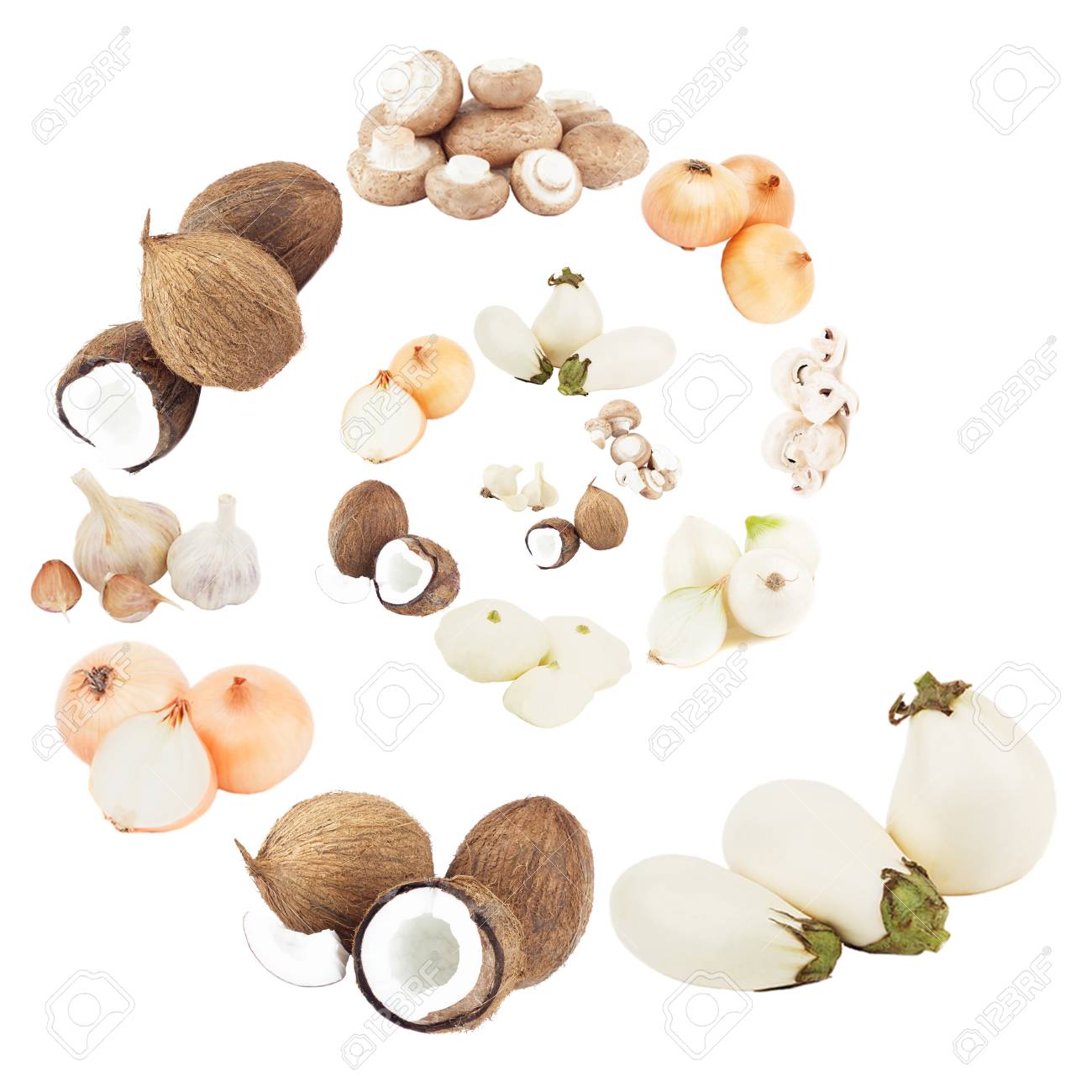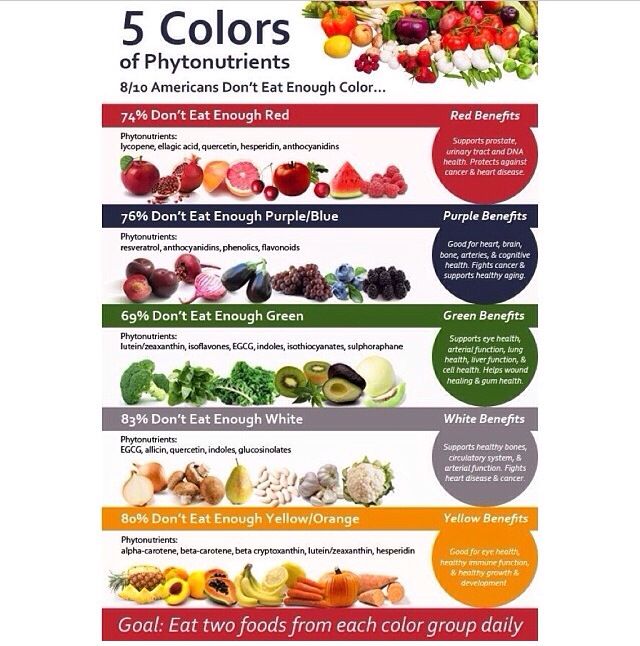
Category: Healthy Colours
-

White Fruits And Vegetables
We all know that eating plenty of White Fruits And Vegetables is good for our overall wellbeing. But did you know the benefits of eating more white or brown produce? We will find out in this report. The brown-coloured fruits and vegetables contain considerable amounts of anthoxanthins (flavones and flavonols). Anthoxanthin is a type of water-soluble pigment which ranges in colour from white or colourless to cream to yellowish.

benefits-of-eating–brown-fruits-and-vegetables The brown or white coloured fruits and veggies are:
List Of White Or Brown Fruits
Banana
Date
White peach
White nectarine
Brown pear
Cauliflower
Garlic
Ginger
Mushroom
White onion
Parsnip
Potato
Shallot
Turnip
White corn
Kohlrabi
Jicama
Jerusalem artichoke
Brown rice, lentils, whole wheat and wheat are some of the brown-coloured foods. These brown and white colored vegetables contain high levels of phytonutrients which can protect you from different diseases when consumed. Let’s have a look at the advantages of consuming brown or white fruits and veggies.
Good For Heart Health
White Fruits And Vegetables such as bananas, eggs, eggs and potatoes have a fantastic amount of potassium. Potassium is necessary by the body to control the electrical activity of the muscles and heart. A high potassium intake is known to lower the risk of stroke, lower blood pressure and reduce cholesterol levels, thus promoting cardiovascular health.

benefits-of-eating-white-brown-fruits-and-vegetables White Fruits And Vegetables include nutrients such as beta-glucans, lignans EGCG and SDG that activate the natural killer T and B cells that decrease the chance of colon cancer and prostate cancer.
Boosts Immunity
These White Fruits And Vegetables also contain nutrients like beta-glucans, lignans EGCG and SDG which are famous for their immune boosting action. It strengthens your immune system that’s essential to maintain any type of damaging diseases and ailments at bay. Selenium, one particular mineral found in mushrooms, plays a key role in supporting the immune system.
Preventing

fruit-and-vegetables The Digestive Tract Healthy Consuming potatoes with skin, pears and mushroomshelps to keep a healthy digestive system as they contain lots of fibre and lessens the risk of colon cancer as well. Fibre helps in bulking up the feces and moves out the stool effectively from the intestine, thereby preventing constipation or irregular stools.
Speeds Up Fat
These white fruits and veggies have metabolism-boosting properties which promote fat burn off and help you keep a wholesome weight. Brown rice and mushrooms are rich in selenium that boosts metabolism, the faster your metabolism is, the more calories you burn.
Benefits Of Consuming Green Fruits And Vegetables

white-fruit-and-vegetable Keeps Skin And Hair Healthy
White and brown veggies and fruits are abundant with antioxidants such as vitamin C which prevents ageing of skin and hair. It’s a highly effective antioxidant that helps protect against the oxidative stress caused by free radicals which can speed up quicker aging of hair and skin. This vitamin also helps in the absorption of iron, a vitamin necessary for hair development.
Prevents Arthritis

white-fruit-and-vegetables Garlic and ginger are all spices that possess anti-inflammatory properties. These properties can help prevent inflammation in the joints and aid in decreasing the symptoms of arthritis. Garlic contains diallyl disulfide, an anti-inflammatory compound that restricts the effects of pro-inflammatory cytokines which can help fight the pain, inflammation and cartilage damage .
-

Yellow Fruits And Vegetables
Befits Of Consuming Fruits & Vegetables Of Orange And Yellow Colour
Yellow Fruits And Vegetables are regarded as quite healthy. Researchers at the Centers for Disease Control and Prevention, analyzed the blood samples from 15,000 adults also found that people who consumed greater orange-coloured fruits lived extended on account of the high levels of antioxidants in orange-coloured foods.

Yellow Fruits And Vegetables Here is a listing of orange- and – yellow-coloured fruits and vegetables.
List Of Orange- And Yellow-coloured Fruits
1. Oranges
2. Lemons
3. Grapefruits
4. Pummelos
5. Bananas
6. Ugli fruits
7. Apricots
8. Persimmons
9. Nectarines
10. Mangoes
11. Cantaloupes
12. Peaches
13. Pineapples
14. Papayas
15. Starfruits

fruit-and-vegetables List Of Orange- And Yellow- Coloured berries
1. Carrots
2. Sweet potatoes
3. Corns
4. Summer squashes
5. Pumpkin
6. Yellow beetroot
7. Orange and yellow peppers Spices like turmeric and ginger have yellowish and orange hue too.
Why Should You Eat More Orange- And Yellow-coloured Foods?

head-colors-yel These bright coloured vegetables and fruits contain flavonoids, zeaxanthin, potassium, lycopene, vitamin C and beta-carotene. These compounds promote healthy skin and eyes and enhance the immune system. Orange-coloured fruits and vegetables contain antioxidants that can help lower inflammation, fight cancer and heart disease as well.
Benefits Of Orange And Yellow Fruits And Vegetables

head-colors-yellow 1. Aids in eye health and lowers the risk of macular degeneration Researchers in the Westmead Institute for Medical Research found that apples are loaded with vitamin C and eating only one per day can protect you from an eye disorder called macular degeneration.
The presence of vitamin C contributes to healthy blood vessels in your eyes and combats cataract. Pumpkin, papaya, mangoes, etc., are also full of vitamin C. Carrots are known to boost eye health. They contain beta-carotene that helps to prevent eye diseases and other serious health ailments.
2. Aids in preventing prostate cancer A team of scientists at The State University of New Jersey found that garlic and when coupled with a phytonutrient from veggies like broccoli and cabbage might be effective in treating and preventing prostate cancer.
High consumption of antioxidants such as vitamin C, lutein and beta-carotene within sweet potatoes, carrots, grapefruits and tangerines can also be linked to a healthy prostate.

orange-foods 3. Lowers blood pressure Fruits like bananas, apricots, oranges, pineapples and mangoes are rich in potassium which aids in lowering blood pressure. Many studies suggest that citrus fruits rich in vitamin C may also reduce the possibility of developing high blood pressure.
4. Lowers bad cholesterol Ginger comprises gingerol, a chemical with strong medicinal properties. This substance, together with the abundance of enzymes and natural oil, aids in reducing the amount of lousy cholesterol in the human body.
Oranges contain compounds known as phytosterols which are proven to block cholesterol from being absorbed by the cells in the intestines.

orange-yellow-foods 5. Keeps osteoarthritis at bay The antioxidant vitamin C is crucial for developing cartilage and a lack of this antioxidant can lead to osteoarthritis.
6. Promotes collagen formation The body produces collagen, a protein within the skin, with the help of vitamin C. The most important use of the collagen is to give firmness and elasticity to the skin structures.
Pumpkins are rich in vitamin C and antioxidants which aid in the production of collagen and provide a soft and smooth skin. Other Yellow Fruits And Vegetables that assist with the creation of collagen are corns, yellow peppers, bananas, mangos, and lemons.

orange-yellow-food 7. Fights free radicals Alpha bell peppers, apricots, peaches, grapefruits, corns, apricots, etc., are powerhouses of antioxidants such as vitamin A, vitamin C, and lycopene that have powerful abilities to impede the growth of cancerous cells, increase the immune system, and rejuvenate damaged cells and cells effectively.
8. Boosts immune system Carotenoids such as beta-carotene are important in the proper functioning of the immune system. These carotenoids exist in yellowish – and – orange-coloured fruits and veggies that aid in boosting your immunity and keeps diseases .
With no vibrant veggies, your immune systems are feeble, your eyesight would deteriorate, and you would age faster. So why do you eliminate them from your meal plan? Keep adding them to your own plate to get a healthy, balanced diet.
-

Why are purple fruits and vegetables good for you?
Reasons Why are purple fruits and vegetables good for you.

Blue and Purple The American Cancer Society recommends using brightly-coloured veggies for the wellbeing of your wellbeing. Brightly-coloured vegetables and fruits contain antioxidants chemicals which play a significant part in safeguarding your own bodies against free radicals, thus preventing heart diseases and cancer.
Naturally purple-coloured fruits and vegetables contain antioxidants called anthocyanins that give fruits and vegetables their deep purple or blue colour.

Blue and Purple Fruits 1. Purple grapes
2. Figs
3. Passion fruits
4. Raisins
5. Plums and dried plums
6. Blackberries
7. Blueberries
8. Elderberries
9. Cranberries
10. Bilberries
11. Chokeberries Sponsored
List Of Purple Vegetables

Blue and Purple Veg 1. Purple carrots
2. Purple cabbages
3. Purple asparagus
4. Purple sweet potatoes
5. Purple olives
6. Purple peppers
7. Purple brinjals
8. Purple cauliflowers
9. Purple onions
10. Purple broccoli
11. Purple artichokes
12. Purple radishes
List Of Purple Grains
1. Purple corn
2. Purple rice
3. Purple wheat
According to the US Department of Agriculture, purple vegetables and fruits contain anthocyanins. All these anthocyanins can socialize with the free radicals and prevent damage to the very important molecules. They protect the tissues, heal the body, decrease inflammation, lower the risk of cardiovascular disease, reduce the risk of some forms of cancer, protect your skin against damage from sun and protect against neurological and cardiovascular diseases.

Blue and Purple Veg and Fruits Purple vegetables such as broccoli, cauliflower, broccoli and cabbage contain indoles that are nourishment derived from sulfur compounds which can slow down the metabolism of carcinogens.
Carcinogens increase the possibility of developing cancer. Consumption of those vegetables reduces the risk of breast, cervical, colorectal and endometrial cancer. Purple-coloured veggies are thought to be more beneficial than their green counterparts.

Blue and Purple Veg and Fruits For instance, purple cabbage is known to have 36 unique kinds of antioxidants and six to eight times more vitamin C than green cabbage. Even purple carrots feature two times the total amount of alpha and beta-carotene than orange carrots that enhance the immunity and is good for eye health.
Apart from anthocyanins and indoles, these purple-coloured foods also contain ellagic acid, vitamin A, vitamin B2, vitamin C, potassium, dietary fibre and other phenols. These purple foods also have powerful health benefits too.
Here are a Number of them:

Blue and Purple Benefits 1. They Fight Against Ulcers A research found that anthocyanins assist in reducing the formation of stomach ulcers. Researchers believe they stop oxidation and raise the action of other important antioxidants, such as glutathione which is naturally present within your body.
2. They Prevent Urological Diseases Purple cauliflower, purple carrots and purple cabbage along with other purple-coloured fruits can combat against urological diseases. Anthocyanins can prevent the nausea and inflammation caused by H. pylori, the bacteria that causes stomach disorders and urological diseases (bladder lymphoma).
3. They’re Heart-healthy Purple-coloured foods are good for your heart as they have the capability to reduce LDL (bad) cholesterol by around 13 per cent while increasing HDL (good) cholesterol. This blocks the natural flow of blood into a heart and the entire body, thereby leaving you in a severe risk of heart attack and stroke.
4. They Kill Cancer cells Purple grapes, bilberries, cranberries and blueberries contain resveratrol, a flavonoid which may help decrease blood pressure. Resveratrol further assists in relaxing the arterial walls allows better blood flow and decreases the pressure in the blood vessels.
5. They Have Anti-inflammatory Properties Anthocyanins help in reducing chronic inflammation which is one of the underlying causes of many diseases like Alzheimer’s disease, heart disease, asthma, allergies, arthritis and joint disease, obesity and type 2 diabetes.
6. The anthocyanins help stop age-related decline of the nervous system while promoting learning and memory.
What Is The Best Way To Cook Purple Fruits And Vegetables?

Blue and Purple cook Among the greatest ways of consuming them is to have them raw, steamed or roasted. In that way, you’ll find a boost of anthocyanins as they are water soluble and can dissolve in water. Add these foods to your breakfast, lunch, salads and desserts.
-

What are the benefits of red fruits and vegetables?
What are the benefits of red fruits and vegetables?

benefits of red fruits and vegetables Fruits and vegetables are full of nutrients which protect our bodies from these ailments and much more. The benefits of red fruits and vegetables in particular contain nutrients which keep healthy blood pressure, discourage growth of tumours, reduce bad cholesterol, reduce the risk of prostate cancer in men, and help prevent diabetes.

red-fruits-vegetables Many people know is it is important to consume 5-10 servings of fruits and veggies but because of hectic lifestyles and busy schedules, we often overlook. Type 11 diabetes, higher cholesterol, hypertension, obesity, and cancer is rising because of a diet of refined carbohydrates, refined sugar, fat, and processed foods.
These are some nutritional supplements typically found in red fruits and vegetables:
A diet high in Vitamin C is also known to delay the aging process as well as reduce the risks of cancer, heart disease, and arthritis. Red pepper, guava, strawberries, raspberries, berries and oranges are reddish foods that amazing sources of Vitamin C.
Lycopene

Lycopene Lycopene is the carotenoid that gives red fruits and vegetables their characteristic bright reddish color. This powerful antioxidant is believed to decrease the dangers of certain forms of cancer, reduce the chance of cardiovascular disease, as well as reduce and lower the risk of macular degeneration (age-related eye disease ). The top three foods that include the most lycopene are guava, watermelon, and tomatoes, respectively.
Quercetin

Quercetin Quercetin, a flavonoid found in several brightly colored fruits and vegetables, helps maintain healthy blood pressure, reduces the risks of specific types of cancers such as colon cancer, and helps alleviate allergies and asthma symptoms by preventing the release of histamine by your body’s immune cells. Raw onion, cranberries, cherries, apples, pears, and red peppers are great sources of quercetin.
Ellagic Acid

Ellagic Acid Ellagic Acid is an antioxidant known for its ability to predict death of cancer cells. This antioxidant is also famous for reducing the chance of heart disease as well as promoting the healing of wounds in the body. Red fruits rich in ellagic acid contain raspberries, strawberries, pomegranate, guava and cranberries.
Hesperidin

Hesperidin This biflavonoid is accountable for colour and is found at the greatest concentrations in the peels of citrus fruits. Much like quercetin, hesperidin helps ease allergy and asthma symptoms by acting as an anti-histamine and thus preventing the release of histamine. Its additional advantages include maintaining healthy cholesterol levels, reducing the risks of certain forms of cancers, and strengthing the capillaries (tiny blood vessels) which promotes healing within the body. Grapefruit is the richest source of hesperidin.
Some red-coloured fruits include:
Cherries
cranberries
guava
watermelon
pomegranate
strawberries
raspberries
red apple (with skin)
reddish pear (with skin)
These fruits can be eaten as isadded to cereal and milk, added to salads, or incorporated into smoothies.Some red-coloured veggies include:
Beets
red pepper
tomatoes (cooked tomatoes contain more lycopene than raw tomatoes)
rhubarb
red chilli pepper
red onion (best eaten raw or slightly cooked for maxiumum nutrient advantages )
radishes
radicchio
red potatoe (with skin)
red cabbageMost people understand is it is important to consume 5-10 servings of fruits and veggies but because of hectic lifestyles and hectic schedules, we often forget. Type 11 diabetes, high cholesterol, hypertension, obesity, and cancer is on the rise due to a diet of processed grains, refined sugar, fat, and processed foods. Fruits and vegetables are full of nutrients which protect our bodies from these diseases and much more. Red fruits and veggies in particular contain nutrients that keep healthy blood pressure, discourage growth of tumours, reduce bad cholesterol, reduce the risk of prostate cancer in men, and help prevent diabetes.
These are some nutritional supplements commonly found in red fruits and vegetables:
Vitamin C

Vitamin C A diet high in Vitamin C is also known to delay the aging process in addition to decrease the risks of cancer, heart disease, and arthritis. Red pepper, guava, strawberries, raspberries, tomatoes and papaya are red foods which excellent sources of Vitamin C.
-

Healthy Colours
Fruit and vegetables fall to five distinct Healthy Colours categories: crimson, purple/blue, orange, green and white/brown. Each colour includes its own set of special disease fighting substances called phytochemicals.

Healthy Colours It’s these phytochemicals that provide fruits and vegetables their vivid colour and of course some of their Healthy Colours properties.
What’s in a color?
RED

RED Fruits And Vegetables Red fruits and vegetables are coloured by a natural plant pigment called lycopene. Lycopene is a powerful antioxidant that can help lessen the risk of cancer and keep our heart healthy.
PURPLE /BLUE

Vegetarian food icon Vegetarian food icon set with organic fruits and vegetables on white background. PURPLE /BLUE icons collection. Eggplant, coconut icon, cherry fruit, artichoke, figs, garlic icon spices, olive.
The plant pigment anthocyanin is the thing that gives blue/purple fruits and vegetables their unique colour. Anthocyanin also has antioxidant properties that protect cells from damage and will help reduce the risk of stroke, cancer and cardiovascular disease.
ORANGE/YELLOW

ORANGE/YELLOW fruit and vegetables Carotenoids provide this group their vibrant ORANGE/YELLOW colour. A well-known carotenoid called Betacarotene can be found in sweet potatoes, pumpkins and carrots. It’s converted to vitamin A, which helps maintain healthy mucous membranes and healthy eyes. Another carotenoid known as lutein is stored at the eye also has been found to prevent cataracts and age-related macular degeneration, which may result in blindness.
GREEN

GREEN Leafy greens such as broccoli and spinach are also excellent sources of folate. Green vegetables have a range of phytochemicals such as carotenoids, indoles and saponins, all of which have anti-cancer properties.
BROWN/WHITE

BROWN/WHITE fruits and vegetables contain a selection of health-promoting phytochemicals like allicin (found in garlic) that is known for its antibacterial and antifungal properties. Some members of the white group, like bananas and potatoes, are also a fantastic source of potassium.
Fruit and vegetable colour chart
Offering a Fruit and vegetable colour chart range of colors in children’s food not only looks fantastic but also ensures that children are getting a great variety of nourishment. Here are some healthy ways you can interest children into the marvellous, colourful world of vegetables and fruit:

eat-a-rainbow Produce your personal Fruit and Veg Rainbow
A fantastic way to keep track of the colors children eat every day is to produce a fruit and veg
rainbow poster. Every time the children eat a colourful vegetable and fruit they could put a corresponding coloured decal on the rainbow or make them colour in a little segment on the rainbow.This is also a great activity that parents can do with their kids at home.
Read a book – I can eat a rainbow by Annabel Karmel
I will consume a rainbow teaches children how to eat healthily by enjoying a’rainbow’ of meals, from purple plums to red apples to greens like spinach and celery. Each two-page spread focuses on food of a different colour.

